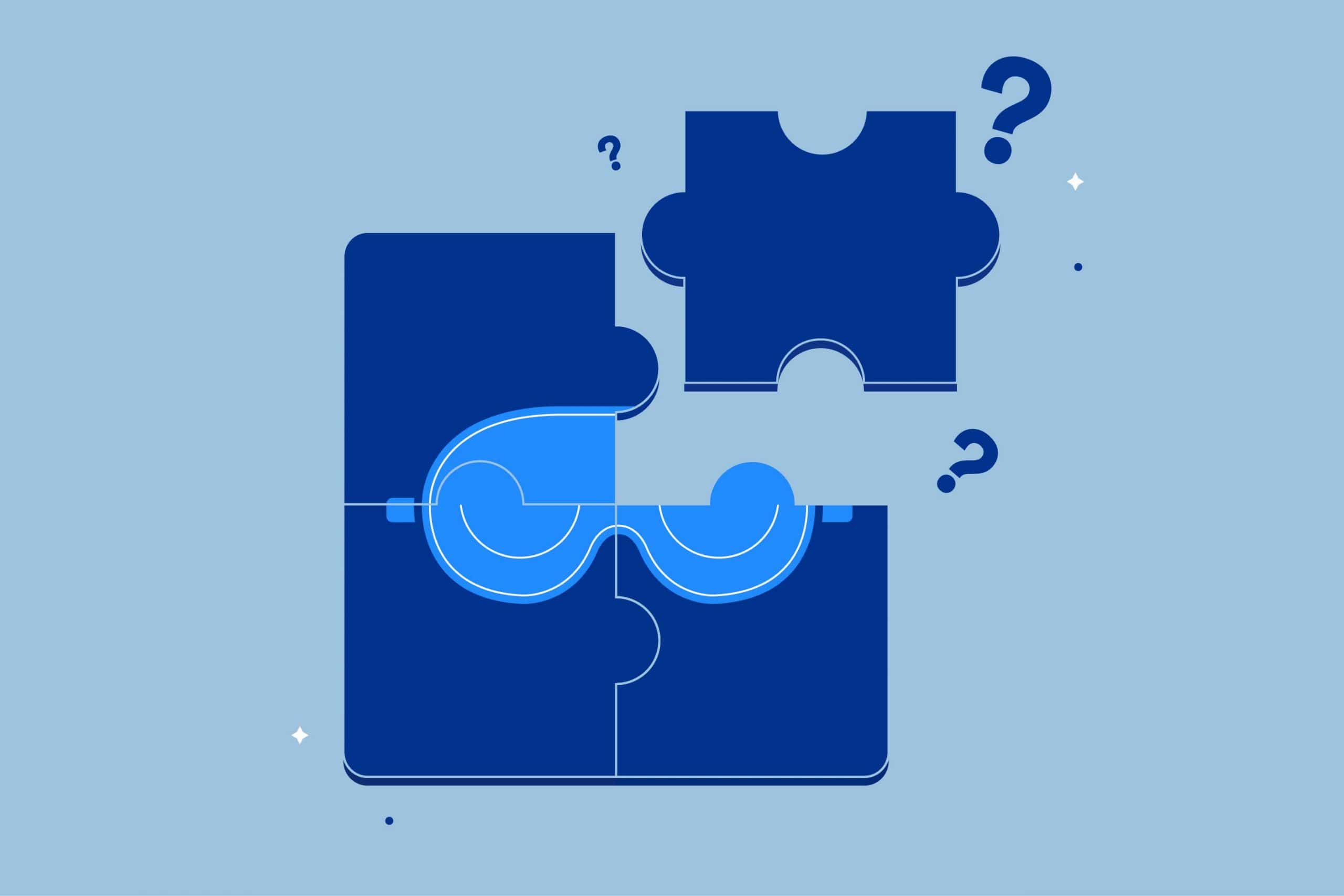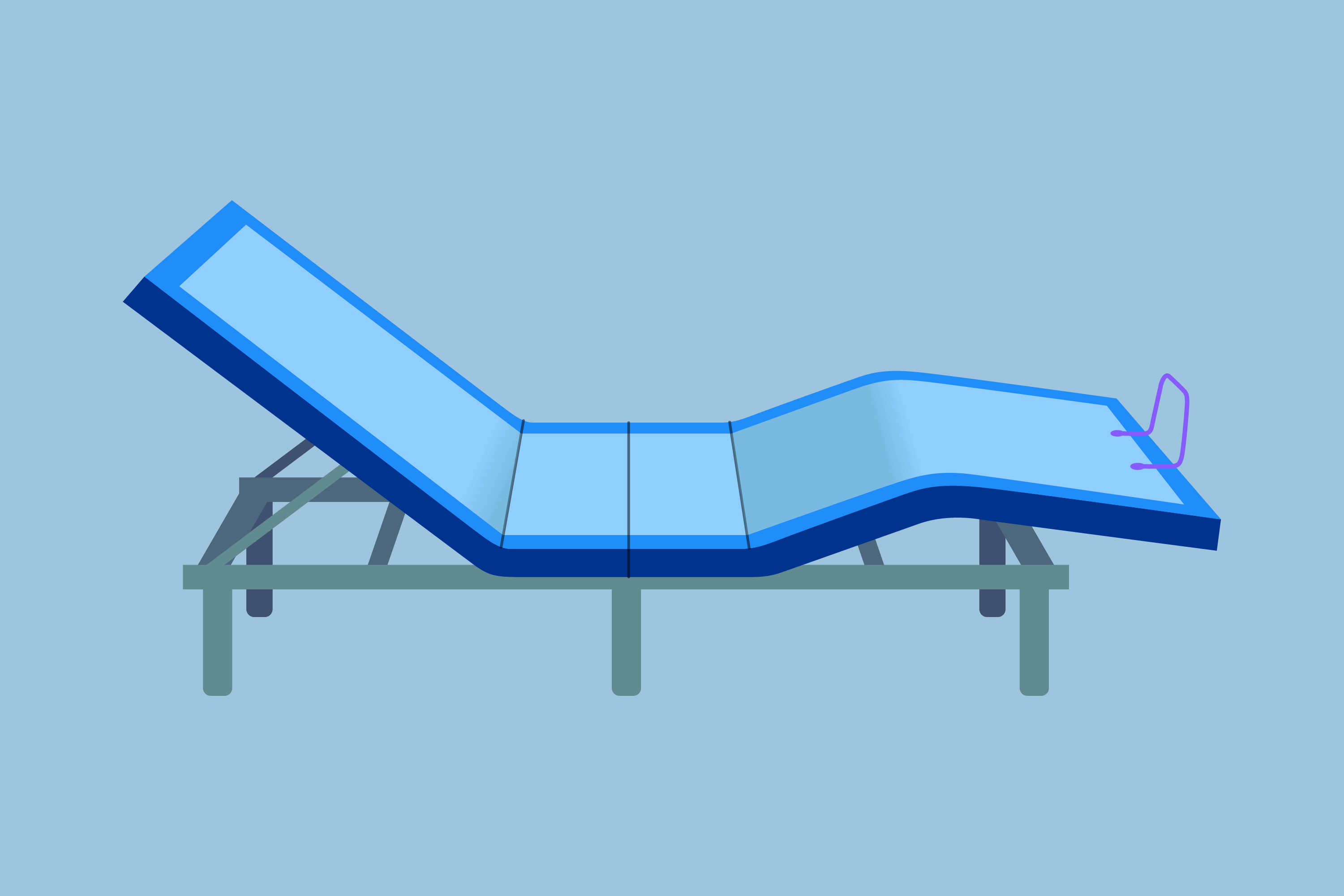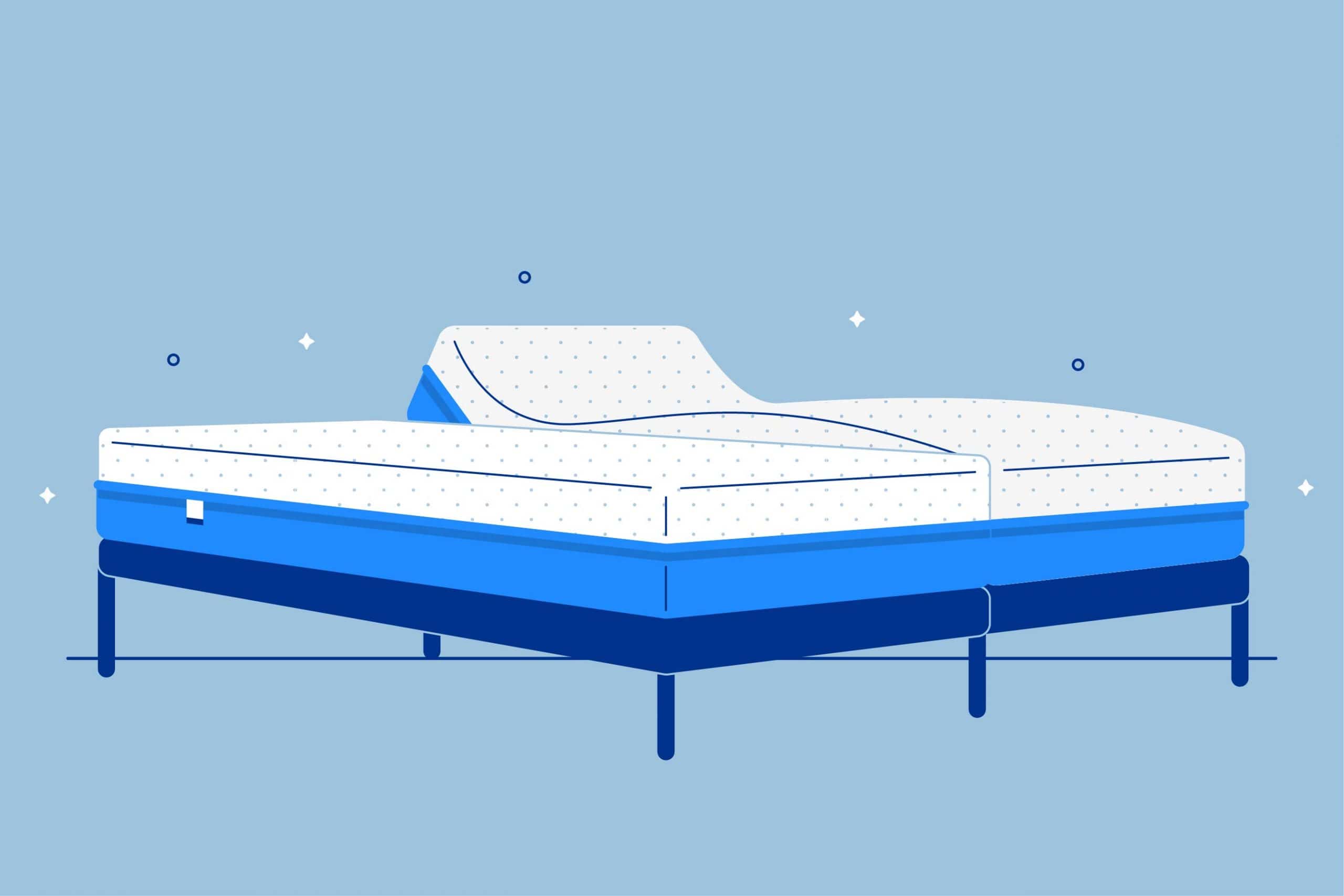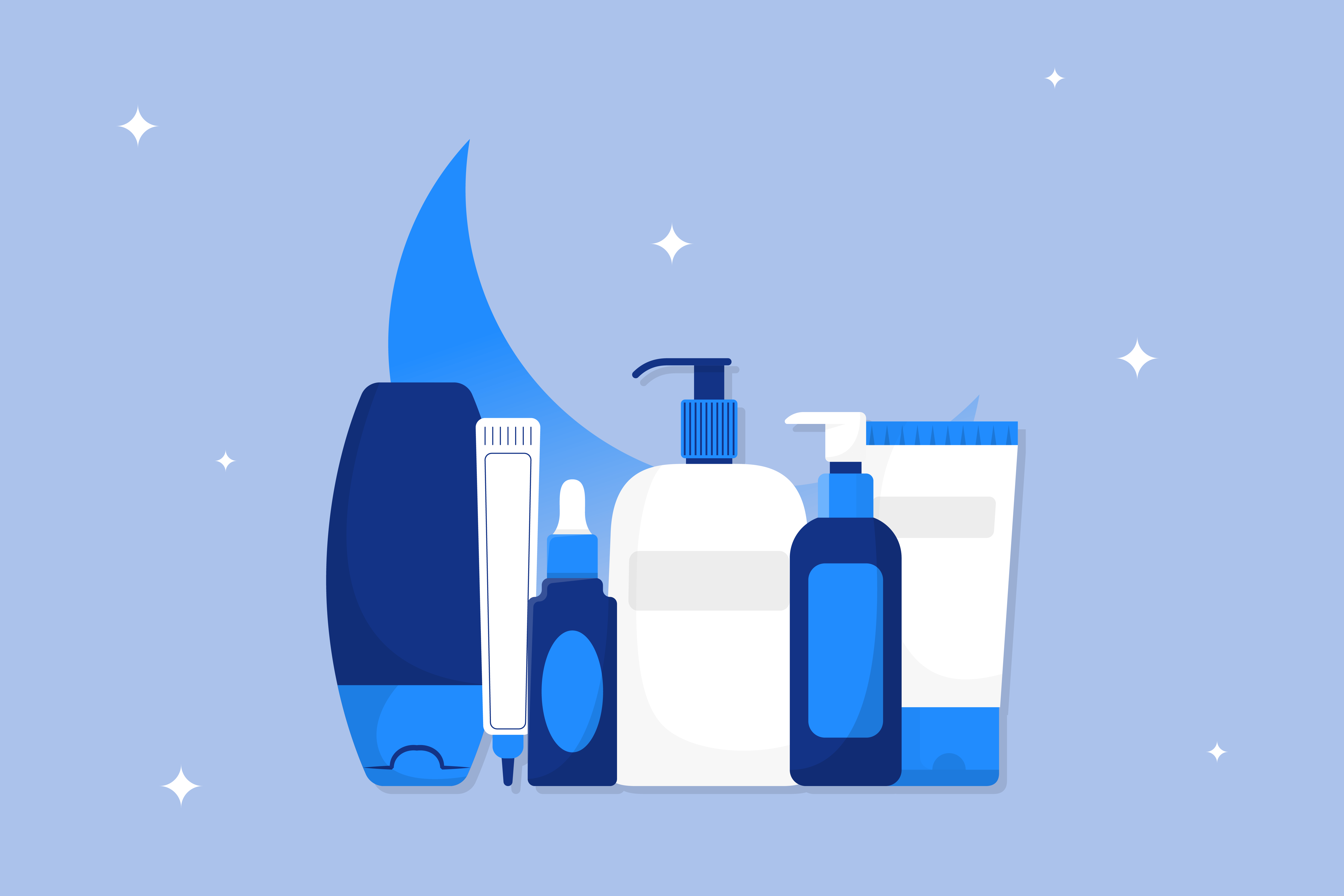Tossing and turning in the middle of the night and waking up exhausted and sore the next day is frustrating. After all, if you’re tired, why can’t you fall asleep? Well, you’re not alone—one in three adults struggle with sleep problems. Verified Source Centers for Disease Control and Prevention (CDC) The United States’ health protection agency that defends against dangers to health and safety. View source
“In humans, the synchronization of our internal biological clock to the day/night cycle is mediated by the non-visual effects of light,” says Dr. Nayantara Santhi. “A distinct class of eye cells that contain the photopigment melanopsin plays a dominant role in this process. They send light information from the eye directly to the clock in the brain.”
Should you find yourself awake early in the morning, it’s better to get up and do a small activity instead of tossing and turning. Staying in bed can make you frustrated and stressed, only perpetuating your sleeplessness. In our article, we share some of the best things to do when you can’t sleep, including reading a book, making a to-do list, or drinking warm milk.
Clean
If you can’t sleep, sometimes getting up and dusting or picking up clutter in another room reduces stress. One study found that women with cluttered homes had increased levels of cortisol, Verified Source National Library of Medicine (NIH) World’s largest medical library, making biomedical data and information more accessible. View source a stress hormone. Cleaning is a nice distraction and may even clear your head.
Finish a Project
Getting up and finishing a project instead of leaving it for another day gives you a sense of calm, knowing you can check an item off your to-do list.
Read a Book
When your mind is racing with all of the things you have to do, leave the bedroom and read a book. Reading provides an escape and allows your mind to wander to other things.
A 2021 study Verified Source National Library of Medicine (NIH) World’s largest medical library, making biomedical data and information more accessible. View source demonstrated that reading a book in bed before sleeping can enhance sleep quality, compared to not engaging in this activity.
When using a tablet or E-book, make sure the display setting is on night mode. Otherwise, blue light from the screen causes alertness and may keep you awake.
Write in a Journal
Recording your feelings in a journal reduces stress and anxiety, so you can unwind and fall asleep. Even just writing a to-do list before bed can significantly improve sleep, as a 2018 study Verified Source National Library of Medicine (NIH) World’s largest medical library, making biomedical data and information more accessible. View source concluded.
Organize Something
Organizing books, shoes, clothes, or movies is a good activity when you can’t fall asleep. A cluttered room can increase stress by overstimulating your mind. A clean room creates a serene atmosphere.
Make a To-Do List
When you’re tossing and turning, stressing over all the things you have to do, it helps to get up and write down your tasks. Writing down what you need to do instead of remembering every task ensures you don’t forget and puts your mind at ease.
Diffuse Essential Oils
Breathing in sleep-inducing essential oils, like lavender, enables you to unwind. Lavender essential oil helps regulate GABA, a neurotransmitter that slows nerve impulses and relaxes muscles.
Progressive Muscle Relaxation
Progressive muscle relaxation is a technique used to reduce physical tension and break up circling thoughts. Lie on your back and tense each muscle group, holding for 10 seconds, then relax. Start with your feet, and gradually move up, but skip areas where tensing causes pain.
Drink Warm Milk or Herbal Tea
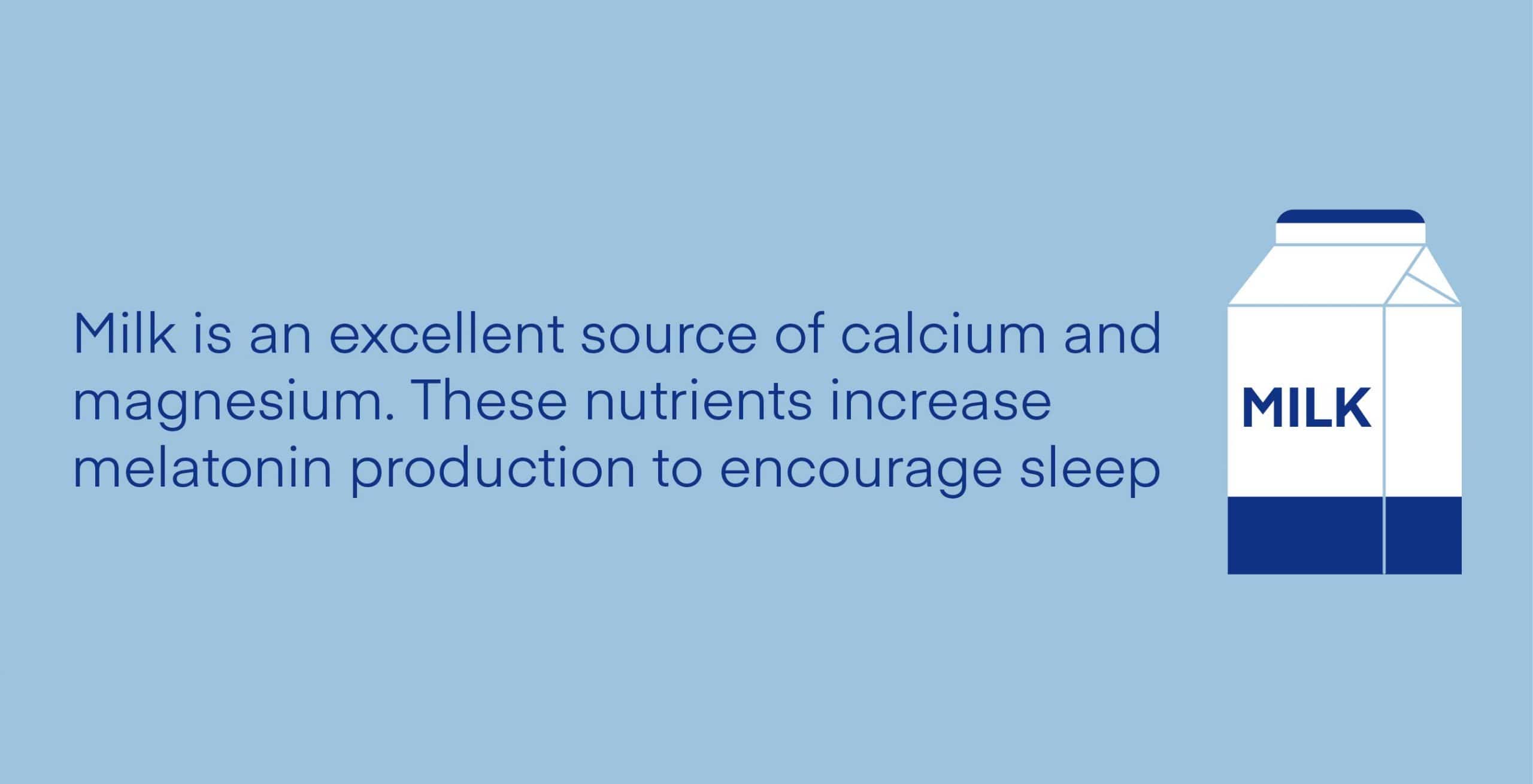
Milk is an excellent source of calcium and magnesium. These nutrients increase melatonin production, a sleep hormone, and relax nerves and muscles to encourage sleep. Melatonin regulates the circadian rhythm or sleep-wake cycle through the body’s exposure to light—production is lowest during the day and highest at night.
A cup of warm herbal tea is a great way to relax after a long day. Herbal teas don’t contain caffeine, and some blends are designed to promote sleep. Soothing herbs like chamomile, valerian, and lavender are popular for bedtime.
Do Light Stretches
Light stretching relieves muscle tension and turns your focus towards the body instead of tasks you need to complete. Avoid more intense physical activity late at night, like weight lifting or running, since these activities cause alertness.
Try a Coloring Book
The next time you’re unable to sleep, grab a coloring book and a pack of crayons. Coloring lowers stress and improves sleep by activating both sides of the brain—the left side controls the motor function as you color pictures with your hand, and the right side focuses on mixing and matching colors. Thoughts slow down, and you may find it easier to fall back asleep after waking up.
Avoid Scrolling Through Your Phone
It’s tempting, but if you can’t sleep, don’t look at your phone. Blue light emitted from phone screens and other electronic devices disrupts melatonin production, and the stimulating content can make it tricker to simply fall back asleep.
List Things You’re Grateful For
Constantly struggling with sleep could be a sign of depression. Depression disrupts sleep because it leaves you overthinking things and leads to more stress levels. However, leaving the bedroom and listing things you’re grateful for can reduce negative thoughts. One study showed gratitude can alleviate depression Verified Source National Library of Medicine (NIH) World’s largest medical library, making biomedical data and information more accessible. View source and anxiety.
Avoid Watching the Clock
Continuously checking the time makes it harder to fall back asleep. When you stare at the clock, all you’re doing is obsessing over how much sleep you’re losing. Instead, wear an eye mask or turn the clock so the screen faces away from you.
FAQs
How can I sleep better at night?
To get better sleep, you may need to make some lifestyle changes, like avoiding caffeine consumption seven hours before sleep, investing in blackout curtains, or lowering your room temperature to 60 to 67 degrees Fahrenheit.
Caffeine from coffee and energy drinks stays in your bloodstream for up to 5 hours and stimulates your brain, potentially causing sleep problems later on.
Bright light affects the sleep cycle because it slows melatonin production. The body is constantly producing melatonin, but melatonin levels are lowest at night. Keeping the bedroom dark ensures you fall asleep quickly.
How long should it take to fall asleep?
It takes between 10 to 20 minutes to fall asleep. During this time, the body produces more melatonin, a sleep hormone that slows blood flow and relaxes muscles. Stress makes it difficult to fall asleep, and you could find yourself waking up during the night. If you fall asleep before 10 minutes have passed, you may not have gotten enough sleep the previous night.
Is being awake for 24 hours bad?
Going 24 hours without sleep is not a good idea since sleep deprivation affects your cognitive function, from remembering meeting details to driving a car. Verified Source Centers for Disease Control and Prevention (CDC) The United States’ health protection agency that defends against dangers to health and safety. View source As you sleep, the body is repairing itself and storing information in long-term memory. When you don’t get enough sleep, the body doesn’t have enough time to recover, leaving you unfocused.
How can I naturally induce sleep?
There are a few ways to induce sleep naturally, like setting a consistent bedtime and wake time. Maintaining a consistent sleep schedule (even on weekends) establishes a subconscious rhythm, so when it’s time for bed, you’re already feeling sleepy. Another way to naturally induce sleep is by taking a warm bath or shower. The warm water raises body temperature, but as you cool down, your heart rate slows down, and you start to relax.
What is a sleep disorder?
A sleep disorder is a condition which disrupts the sleep-wake cycle. Three common sleep disorders are insomnia, restless legs syndrome, and narcolepsy. Insomnia is when you struggle to fall asleep and stay asleep—roughly 60 million Americans suffer from insomnia each year, increasing the risk of injury and developing medical conditions, like heart disease and sleep apnea.
Restless legs syndrome (RLS) causes an uncomfortable sensation (aching or itchy feelings) and an urge to move your legs. RLS is considered a sleep disorder because symptoms occur at night when you’re lying down to rest.
Narcolepsy is a chronic disorder, causing you to feel exhausted, and you may suddenly fall asleep during the day. Anyone can get narcolepsy, and it affects 200,000 Americans each year.
Conclusion
If you find yourself awake late at night and unable to fall asleep quickly, get up and do one of these sleep-promoting activities. Writing in your journal or drinking warm milk reduces tension and calms stress, enabling you to relax and feel sleepy.
About the author
Geoff McKinnen is a writer focusing mainly on the healthcare industry and has written articles on everything from foods to help you lose weight to the connection between Alzheimer’s and sleep. Geoff’s passionate about helping readers improve their well-being to lead happier lives. Outside of work, Geoff enjoys cycling and hiking and believes that by leading a healthy lifestyle, he can help others do the same.
View all posts